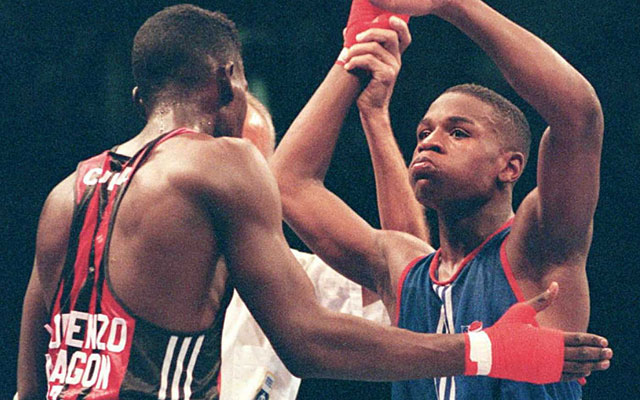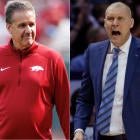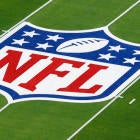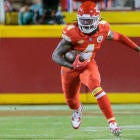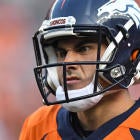Floyd Mayweather Jr. has been in 24 title fights in the past 17 years. He has made hundreds of millions of dollars. If he manages to beat Manny Pacquiao on May 2, he'll be one victory shy of matching Rocky Marciano's legendary 49-0 record, having won titles at 130, 135, 140, 147 and 154 pounds.
But before all that, he was a flashy teenager on the verge of the ultimate amateur credential: an Olympic gold medal. It didn't happen. Mayweather wound up losing in the semifinal match to Bulgarian veteran Serafim Todorov, who was awarded a controversial 10-9 decision. Many say that loss motivated Mayweather. Started him on the path to becoming the unbeaten fighter he is today.
Whatever the case, he hasn’t lost a fight since.
"I know his attitude in general changed when he was ripped off in Atlanta," SecondsOut.com columnist Marc Livitz told CBSSports.com, referring to the bronze medal Mayweather, then 19, picked up in the 1996 Summer Olympics when it appeared his performance had warranted a shot at gold. A US-based officials supervisor immediately resigned following the semifinal match between Mayweather and Todorov.
"On May 2, he should have a gold medal hanging in his corner. Someone took that from him. That's why I resigned," Bill Waeckerle told Showtime on Episode 1 of the network's Inside Mayweather-Pacquiao documentary series, which premieres Saturday night.
"Floyd Mayweather won that bout. He won every round. With all due respect, I will not be part of an organization that cheats young men out of their right to have a gold medal, and there's my resignation."
Mayweather's Olympic experience will be detailed during Showtime's Inside Mayweather vs. Pacquiao episode that will air Saturday night immediately following the Julio Cesar Chavez Jr. vs. Andrez Fonfara fight at 10 p.m. ET. This will be the first in a three-part Inside Mayweather vs. Pacquiao series.
Part 1 of the exclusive episode is playing above.
An exclusive look at Part 2 can be seen here.
"We all know I got ripped off," Mayweather said then. "It's time for me to turn professional. I can't deal with amateur boxing anymore."
In fact, he turned pro two months later, hasn't lost since and still considers the snub a motivator.
"I'm happy with results," Mayweather said. "It made me strive and work hard to get to where I'm at today."
He was a world champion in his 18th pro fight just 26 months after the Olympics, and Livitz, too, believes Atlanta had something to with it -- even five weight classes later.
"He was simply magic as a super featherweight and went on such an impressive run which included knockouts here and there," he said. "Although he grew into his body in a natural way, he may have found out that his speed was his power by and large. It wasn't really until he moved up in class after the Castillo bouts that he changed tactics -- save for when he mangled Gatti -- and looked for safety first in addition to capitalizing on errors."
